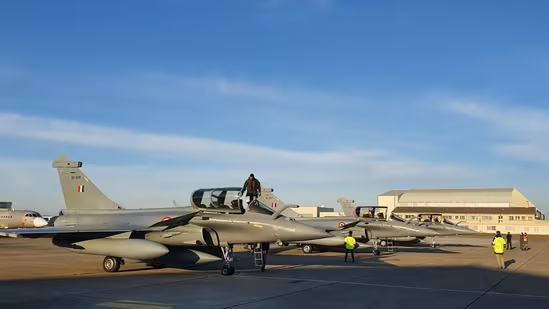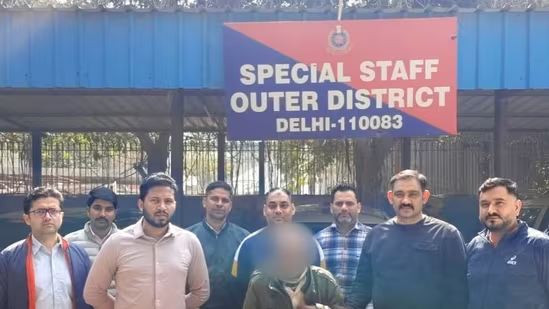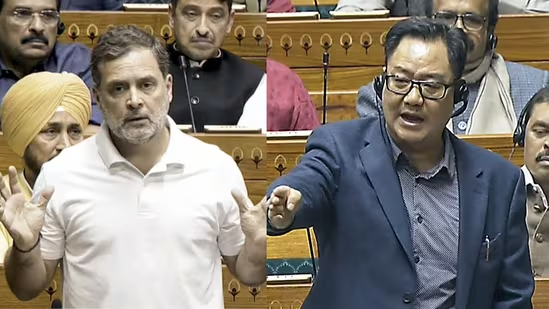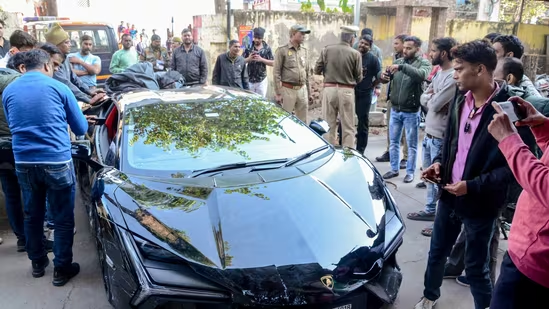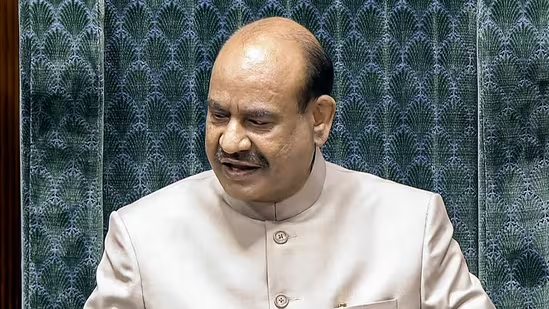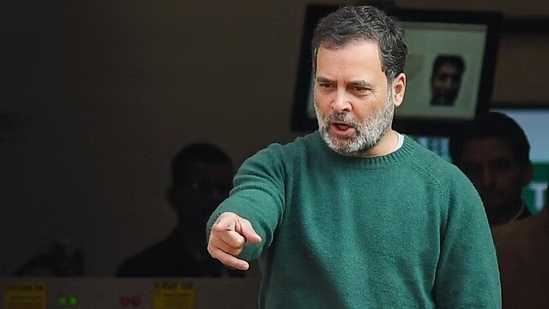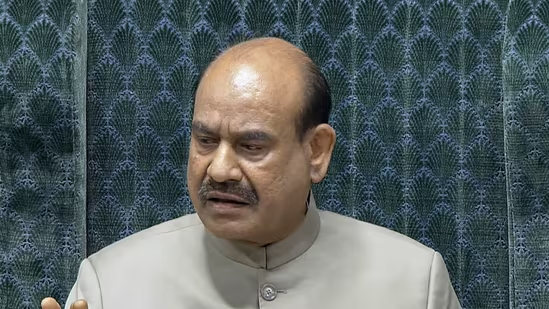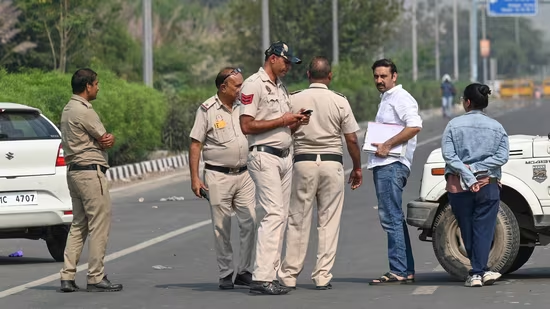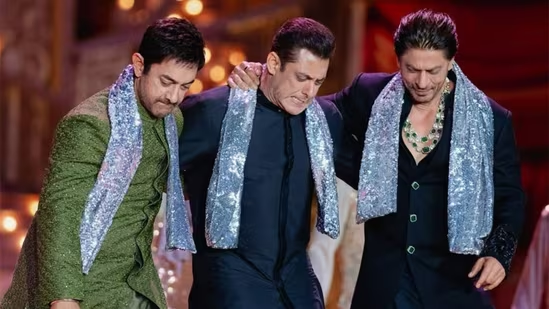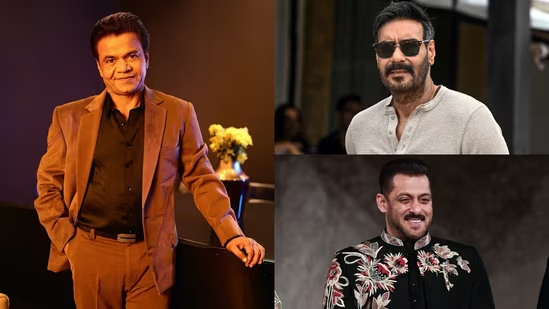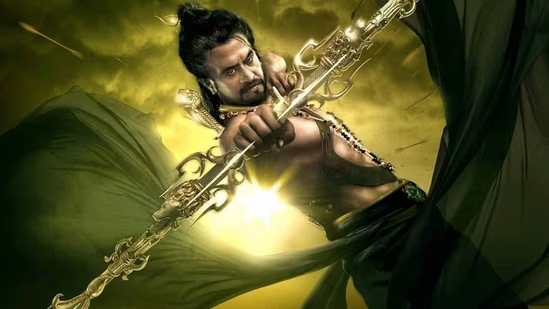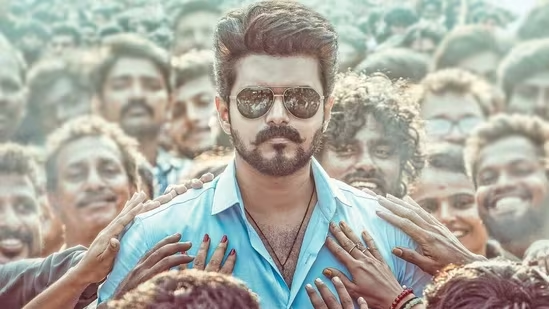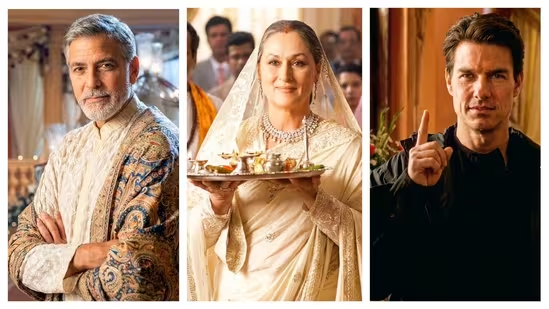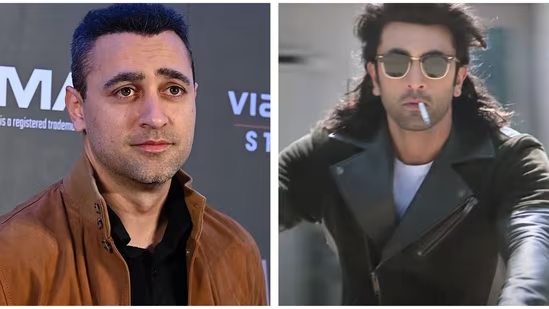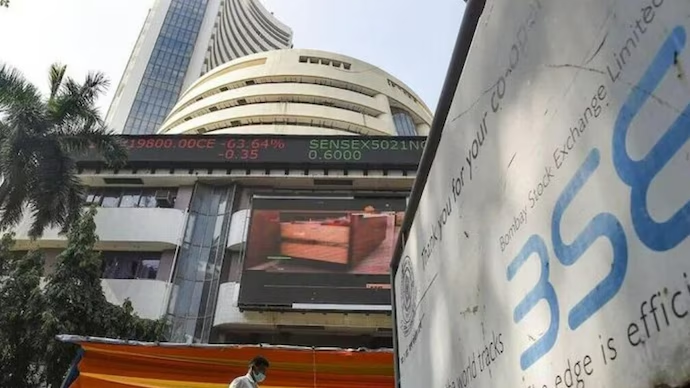External affairs minister S Jaishankar on Wednesday reiterated the assertion that the US had no role in ending hostilities between India and Pakistan in May, telling the Rajya Sabha in the face of opposition criticism that there was no phone call between Prime Minister Narendra Modi and President Donald Trump during the tensions.
Jaishankar’s remarks, made while participating in a special debate on Operation Sindoor, came a day after Trump repeated his claim about ending the hostilities that erupted after India targeted terrorist infrastructure in Pakistan in retaliation for the Pahalgam attack that killed 26 civilians. Trump has continued reiterating the claim despite denials from the Indian leadership, which has maintained there is no room for mediation between India and Pakistan.
“I want to make three things clear. One, there was no leader, nobody anywhere in the world, who asked India to stop its operations…Number two, there was no linkage with trade…in any of those conversations. And there was no call between Prime Minister and President Trump,” Jaishankar said, referring to Trump’s contention that he used the threat of trade restrictions to get India and Pakistan to end their hostilities.
Jaishankar was repeatedly interrupted by opposition members, who raised Trump’s claims and asked if the US president was lying. He responded to one such interruption by senior Congress leader Jairam Ramesh by saying in Hindi: “I want to tell Jairam Ramesh to open his ears and listen to this – from April 22 to June 16, there wasn’t even one phone call between President Trump and Prime Minister Modi.”
Trump had spoken to Modi following the Pahalgam terror attack on April 22, and the two leaders next spoke on June 17, after they were unable to meet on the margins of the G7 Summit in Canada.
While speaking to reporters on board Air Force One on Tuesday, Trump had cited the recent India-Pakistan conflict among some five instances of hostilities around the world that he had ended. “They [India] ended the war with Pakistan at my request, and it was great. And Pakistan did also. We did a lot of great settlements, including the recent one with Cambodia,” he said.
Jaishankar told Rajya Sabha that India had given the same message to all world leaders who contacted New Delhi amid the hostilities with Pakistan – that India was exercising the right to defend itself, the targets hit on May 7 were known terrorist headquarters and infrastructure, and there was no room for mediation as everything India and Pakistan would be handled bilaterally.
He said when US Vice President JD Vance called Modi on May 9 to “warn him that there was, in the American assessment, a massive Pakistani attack which would come in the next few hours”, Modi said India would mount a “fitting and appropriate response” in case of any such attack. When Pakistan attacked a few hours later, India’s response “disabled the entire Pakistani air defence system and rendered all their main airfields inoperative”, Jaishankar said.
This was followed by calls from world capitals, including Washington and Riyadh, that the “Pakistanis are ready to stop fighting”, and India responded by saying that Pakistan has to make a formal request through the established channel of communications between the Directors General of Military Operations (DGMOs), he said.
“So it was on May 10, we got calls from the US, Saudi Arabia [and] a few other countries. The point is… to everybody, the answer was the same. The answer was if the Pakistanis want to stop fighting, the Pakistanis have to request us…through the DGMOs channel, and that’s exactly what happened,” he said.
Jaishankar acknowledged that there have been differences between India and the US for long, and that New Delhi has never hesitated in raising these issues with Washington. “We have had a different view, a different policy [and] different interests, and it has been a problem between India and the US,” he said. “I have been in the room when America was taking up the case of [former dictator] Gen [Pervez] Musharraf and asking for concessions on Kashmir…On this issue, we have a national policy. No mediation is a national policy. Bilateral dealing is a national policy.”
The Indian side has not hesitated to take up tricky issues such as deportation, visas, and students with the US, and it is now negotiating a bilateral trade agreement with the US because “we have national interest at heart”, he said.
Jaishankar responded to the opposition’s criticism of the government’s handling of the Pahalgam attack and its policy towards Pakistan by pointing to the decisions of past Congress governments dating back to the handling of the issue of Pakistan-occupied Kashmir in 1948, terror attacks linked to Pakistan-based groups such as the 2008 Mumbai attacks and the meeting between the Indian and Pakistani PMs in 2009 that produced a joint statement with a reference to the situation in Balochistan.
He said the House should recognise that Operation Sindoor has “become the basis for a new policy” for combating cross-border terrorism. “That basis is what I call the new normal, the Modi normal, it is something which has been communicated very clearly to Pakistan and the world,” he said.
From a time when it was said that former prime minister Jawaharlal Nehru’s “mistakes cannot be corrected”, the current government has decided to keep the Indus Waters Treaty in abeyance because Pakistan had gone against the pact’s preamble that speaks of a spirit of goodwill and friendship.
“The Narendra Modi government shows it can be corrected. Article 370 was corrected and the Indus Waters Treaty is being corrected. It will be held in abeyance until Pakistan irrevocably gives up its support of terrorism,” he said. “We had warned that blood and water cannot flow together. Today, we are demonstrating that what we say, we will do – blood and water will not flow together.”





